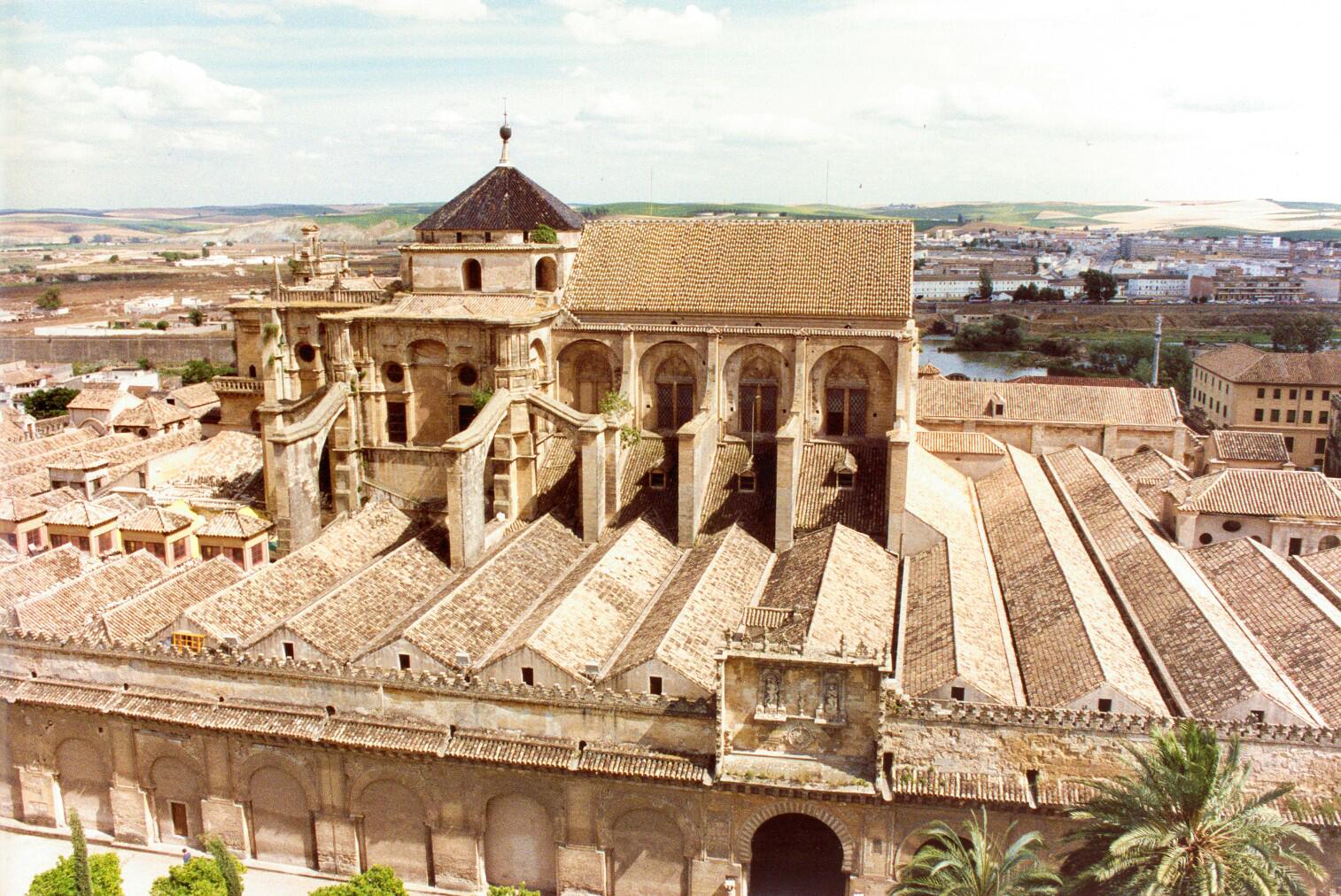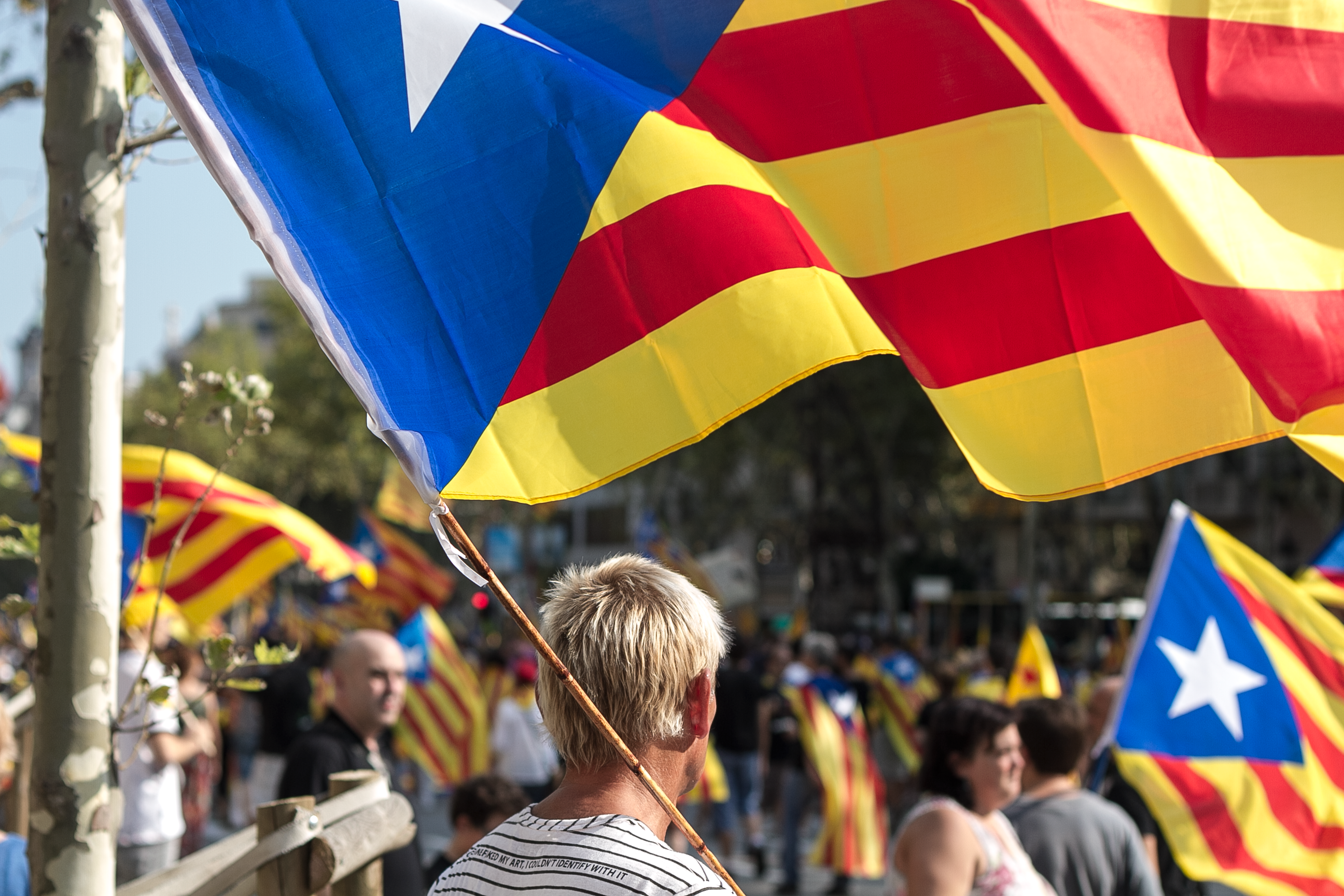By Gavin Frame
Throughout history, Catalonia, a region of Spain, has long enjoyed a degree of autonomy. The Spanish Constitution defines Catalonia “as a nationality, [that] exercises its self-government constituted as an Autonomous Community in accordance with the Constitution.” Recently, however, Catalonia has attempted to establish itself as a sovereign, independent nation through a referendum that the Spanish government in Madrid has deemed unconstitutional. With tensions hot between the Catalan and Spanish federal government, the referendum represents the most serious domestic challenge for Spain since the end of its dictatorship in 1975.
The referendum has its beginnings in the Catalan elections of 2015. For the first time, the Catalan parliament became controlled by an absolute majority of secessionists across multiple parties. This marked a daunting challenge to Spanish Prime Minister Mariano Rajoy, who vowed to use the authority of the judiciary to stymie secessionist efforts according to the Spanish constitution.
This did not stop the regional Catalan government, and on October 1st, 2017, a referendum was held in Catalonia with one simple question: “Do you want Catalonia to become an independent state in the form of a republic?” The results were overwhelmingly pro-independence with 90% of those who voted backing independence. These results, however, are misleading, as opponents of the measure boycotted the referendum and only 43% of Catalonia’s roughly six million registered voters successfully cast ballots. Turnout was further diminished as the vote itself was declared illegal by Spain’s central government, which used police to close polling stations and websites related to the referendum. This did not stop the vote however, and Catalan secessionists were quick to declare victory.
The future of a unified Spain was uncertain, with an address by Catalan President Carles Puigdemont to the Catalan parliament only adding to the confusion. Rajoy called on the Catalans to “return to the path of the law” in order to begin talks but the Catalan government largely ignored the request. Finally, on October 27th, 2017 the Catalan Parliament voted to officially declare independence from Spain. In an unprecedented response, the Spanish Senate gave the national government the power to sack the current leaders of Catalonia. With Puigdemont and several top ministers temporarily replaced by Spanish administrators, Rajoy declared that new elections for Catalonia’s government are to be held on December 21st, 2017. The Spanish government hopes this will ease the conflict between Catalonia and the rest of Spain and allow for a return to peaceful relations between regions.
Puigdemont himself has since fled to Belgium with four of his ministers, saying he intends to stay there until he is guaranteed a fair trial. The Spanish attorney general has filed for charges of rebellion, sedition, and misuse of funds against Puigdemont that could send him to prison for up to thirty years. Faced with a European arrest warrant, the Belgian government is still pondering whether to extradite the disgraced former president. The Belgians have however prohibited the former Catalan leaders from leaving Belgium pending review of the warrant. This did not stop Puigdemont, however, who on November 26th announced that he would run once again for Catalonia’s presidency in the December elections. According to a spokesman for the Spanish government, no politician is barred from running unless they are convicted. The time it takes to process possible extradition and criminal charges will give Puigdemont plenty of time to seek reelection before trial. Perhaps he believes that an eventual independent Catalonia governed by him will protect him from Spanish prosecution.
From an international perspective, allies of Spain are firmly behind Rajoy and the national Spanish government. The United Kingdom, France, and the United States have all affirmed that it is in the best interest of the international community that Spain remain unified under its constitution. However some in Europe are worried for the implications of the referendum. European leaders fear that the events in Catalonia will embolden similar independence movements across other European nations such as in the United Kingdom with Scotland.
The most likely outcome of the turmoil will be a return to the political landscape of 2015. Recent polls show that just 41.1% of Catalans support independence while 49.4% oppose. Also, the former pro-independence Catalan government only governed with 47.74% of the popular vote from 2015, and Puigdemont is currently losing in polls to his former vice president Oriol Junqueras. This indicates that it is by no means certain that the former secessionist government will be able to regain power following December.
Spain has not had such a significant national crisis since the days of Francisco Franco and Spanish fascism. For now, democratic attempts for Catalan independence will be delayed at least until the December elections. With the eyes of the world fixed on Catalonia, the fate of Spanish unity remains to be seen.


